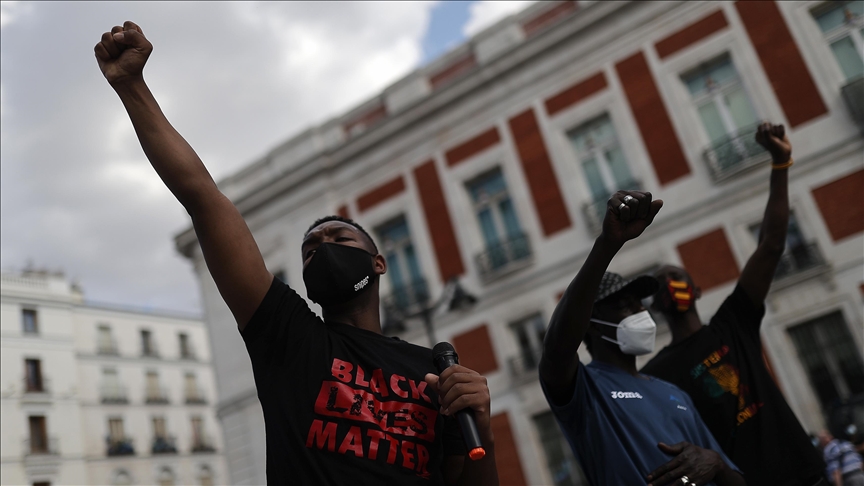Independent UN body finds 'systemic racism' against Africans, people of African descent in Belgium
Experts urge Belgium to confront colonial legacy, expand reforms, rebuild trust with affected communities
 ( Burak Akbulut - Anadolu Ajansı )
( Burak Akbulut - Anadolu Ajansı )
GENEVA
A UN expert body has found that Africans and people of African descent in Belgium face "systemic racism" across multiple sectors of society, including law enforcement and the justice system, and called on the government to take concrete steps to address the colonial legacy fueling this discrimination.
Brussels should "take concrete steps to address the legacies of its colonial past and fight what it said was widespread, systematic racism that still permeates the nation today," the UN International Independent Expert Mechanism to Advance Racial Justice and Equality in Law Enforcement said in a statement on Wednesday.
The findings were announced following a 10-day visit to the country by the mechanism, which toured Brussels, Namur, Charleroi, Antwerp, and Mechelen.
"Community members told us that they want to be treated as humans, that nothing has changed and nothing is changing," expert Tracie Keesee said in a statement. "They also explained the great work they do within their communities and expressed their commitment to work with the authorities to bring about meaningful change."
While noting positive developments – such as independent oversight bodies and support for civil society – the experts emphasized the persistence of racial profiling, excessive use of force, and disproportionate incarceration of racialized groups.
"Systemic racism permeates all sectors of society," said Keesee.
"It is a legacy of enslavement and colonialism, whose long-lasting impacts continue to be felt today," she added.
The mechanism recommended expanding community policing, providing mental health support for officers, and involving affected communities in reform efforts.
The preliminary observations and recommendations, according to the mechanism, have already been shared with the Belgian government and the full findings of its visit will be presented to the UN Human Rights Council at its 60th session starting in September.







